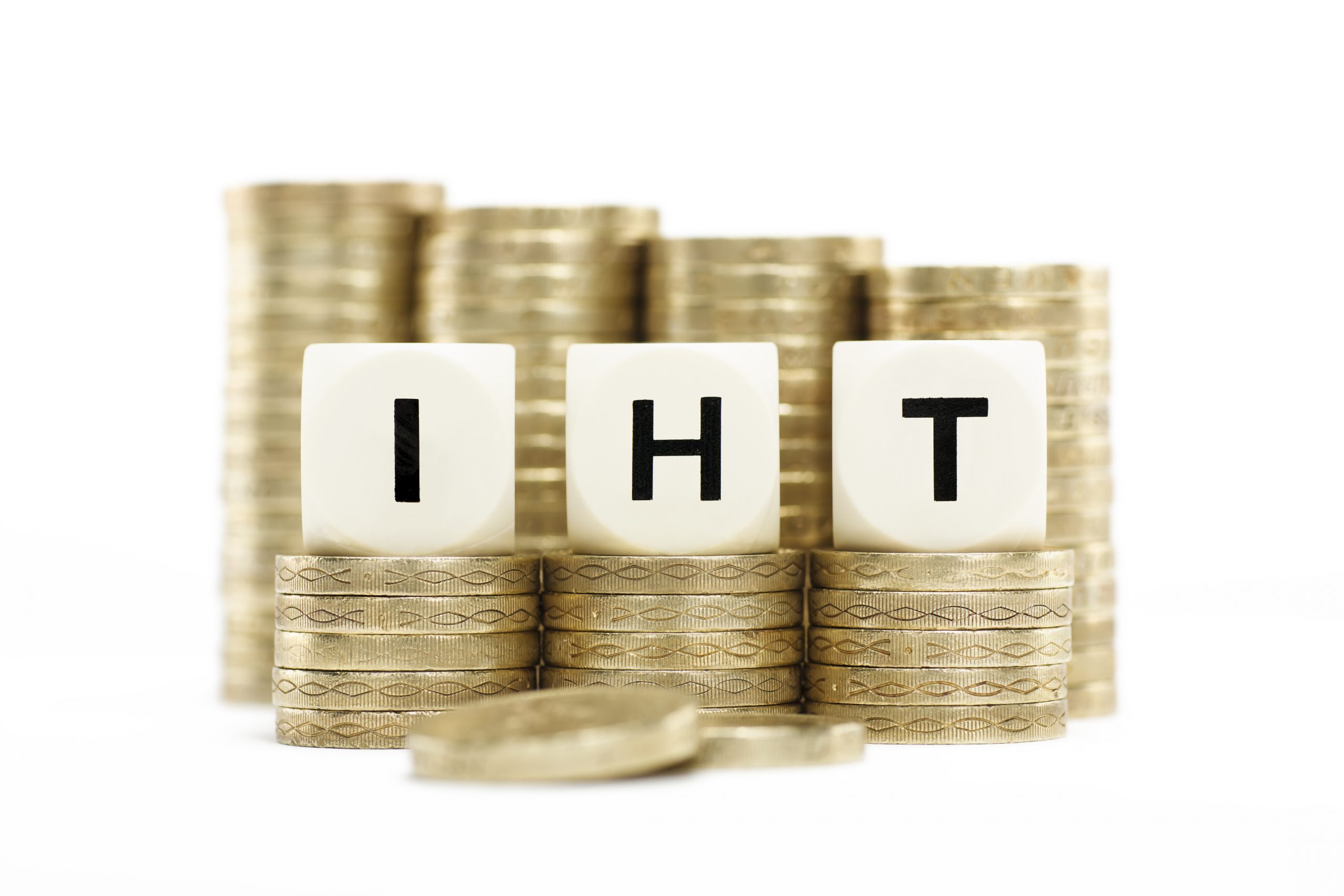News
‘Record high’ year for inheritance tax bills predicted as payers try to avoid sky-high interest rates

An extra £0.3bn was paid in inheritance tax between April and August this year, official figures show.
The total bill for the quarter was £3.2bn according to HM Revenue and Customs (HMRC) and experts have predicted 2023 could be another record year for inheritance tax bills.
Recent rises to the interest rate charged on overdue IHT could be one of the reasons for the increase. Instead of paying an IHT bill in instalments, those who pay it within six months of a death avoid paying interest of 7.75%, on anything overdue.
IHT bills have been steadily rising over the last few years, as house prices increase and more people have ended up with an IHT bill to pay.
Last year was also a record year for the amount paid. The total inheritance tax take for the 2022-23 tax year was £7.1bn and so far the amount paid this year is set to top this amount.
Helen Morrissey, head of retirement analysis at Hargreaves Lansdown, said: “We’re on track for a record inheritance tax bill this year, and sky-high interest rates aren’t helping.
“Receipts in June 2023 were the highest monthly total on record, and this could be due to families paying everything by the deadline, rather than instalments – even if it forces them to dig into their own pockets, in a bid to avoid the eye-wateringly expensive interest rates charged on instalments and overdue bills.”
‘Extremely lucrative for the Treasury’
Laura Hayward, tax partner at Evelyn Partners, said: “Rising IHT receipts are continuing to prove extremely lucrative for the Treasury and this doesn’t look set to change anytime soon.
“The latest update from HMRC provides a timely reminder for families that they may pay more IHT than they need to if they don’t plan ahead. It’s a complex area and so families may wish to consider taking professional tax planning advice to help them consider the different options available to them.”
Stamp duty falls
Meanwhile, stamp duty bills fell between April and August, coming in at £6.4bn, they were £2.5bn lower than the same period in 2022.
The treasury noted that the reduction was due to a reduced stamp duty rate and fewer people moving house.
HMRC said: “Much of this change is driven by lower transaction numbers, the lower rate of taxation and a more generous relief for first-time buyers introduced in September 2022.”
Stamp duty is currently charged to sellers if their home costs more than £250,000 (£425,000 for first-time buyers). This is set to drop to £125,000 and £300,000 respectively in March 2025.
Morrissey said: “A mixture of sky-high mortgage rates and the ongoing cost-of-living crisis putting a squeeze on our finances means that for many the prospect of buying a new home is out of the question right now.
“However, with inflation finally starting to drop and signs that the Bank of England’s interest rate hiking cycle is coming to an end we may see more people tempted to take the plunge in the New Year but for now many people are putting their home owning dreams firmly on the backburner.”